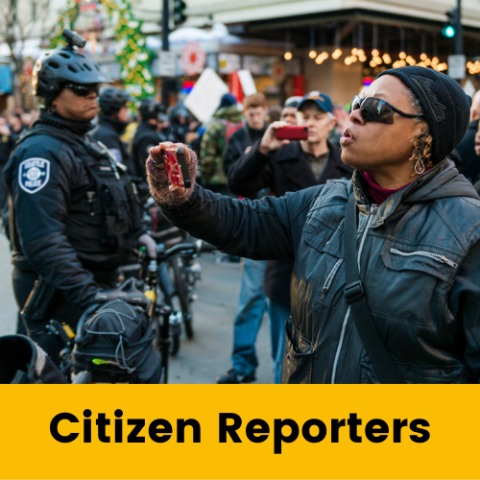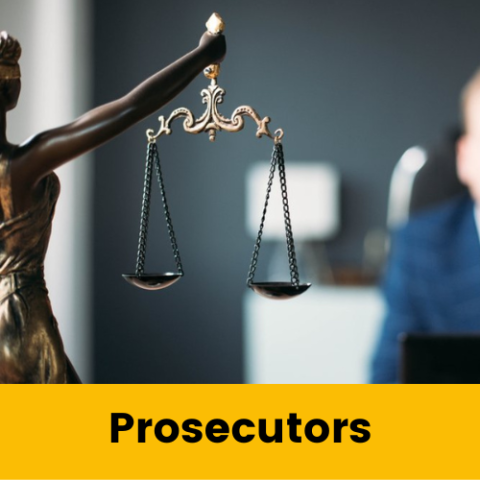Date of Offense
Reporting Authority
Statement
I filed as a pro se, civil rico against the police. I was then soon after, kidnapped and victimized by bail bond racket accompanying document fraud. They stole $15k then kidnapped me again in Illinois and flew me to Florida in handcuffs to jail me on a no bond to cover the earlier fraud. This was because I sued the police first for burglarizing me and ignoring to prosecute my abusive ex fiancé who raped me, attempted to murder me by drugging me, and stole $2M worth of my business assets from a clothing store I used to own. Now I’m being cyber stalked, please tell me if they were impersonating police officers. I question whether this is a real department or not even.


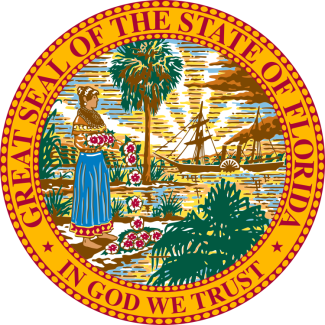
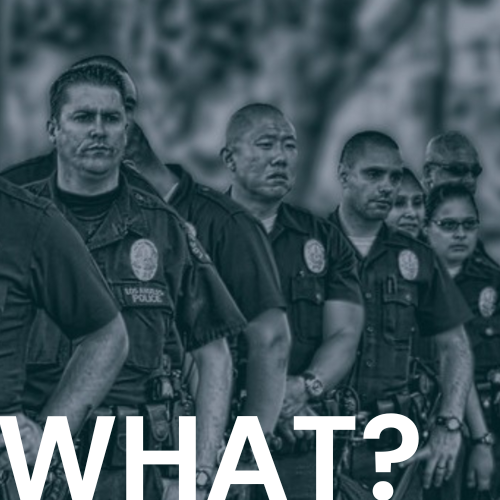
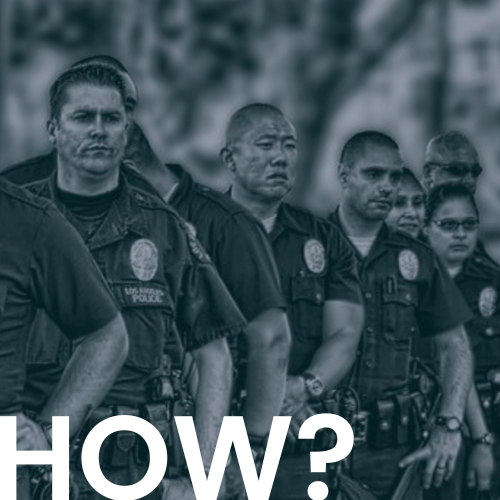
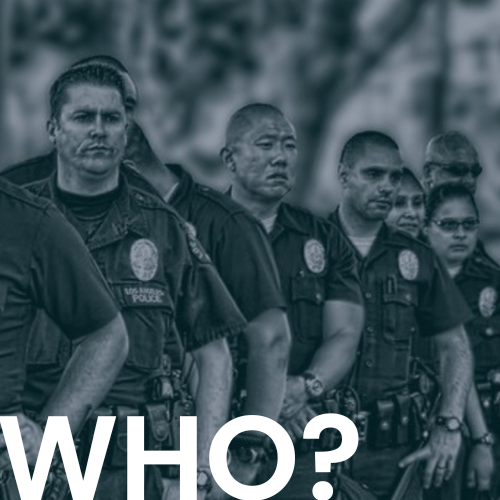
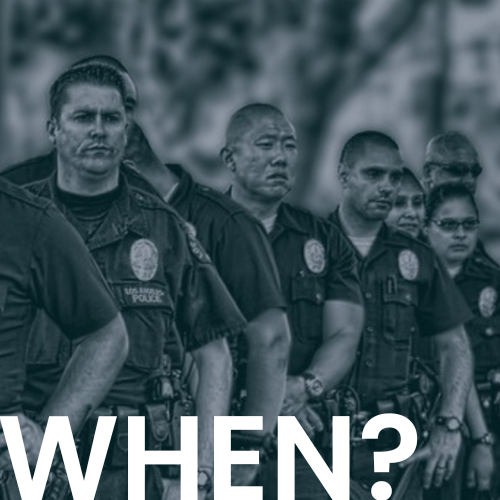
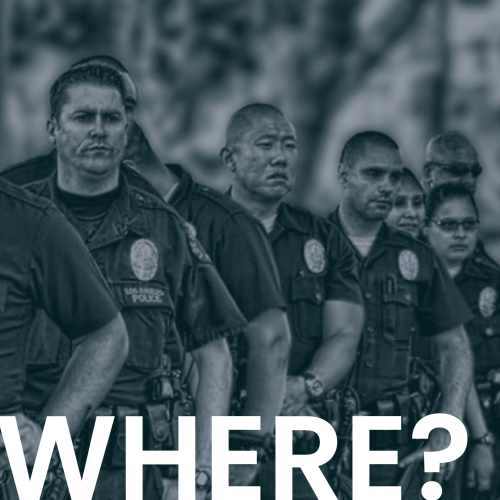
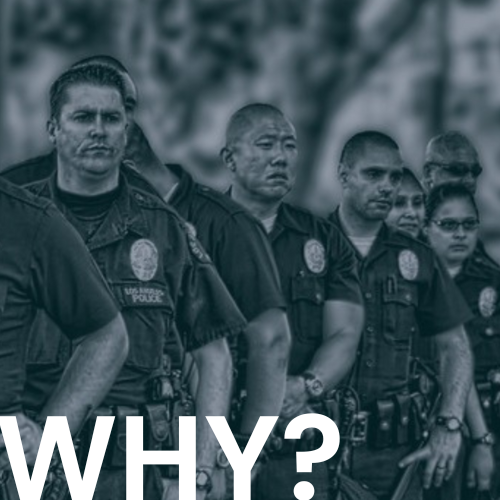
![Peace Officer Standards & Training [POST] Departments Peace Officer Standards & Training [POST] Departments](/sites/default/files/styles/large/public/2023-07/Brady.png?itok=xsIFvU8R)
![Organizations [Law Enforcement et al.] Organizations [Law Enforcement et al.]](/sites/default/files/styles/large/public/2023-07/Brady%20%282%29.png?itok=H7Pj15F8)
